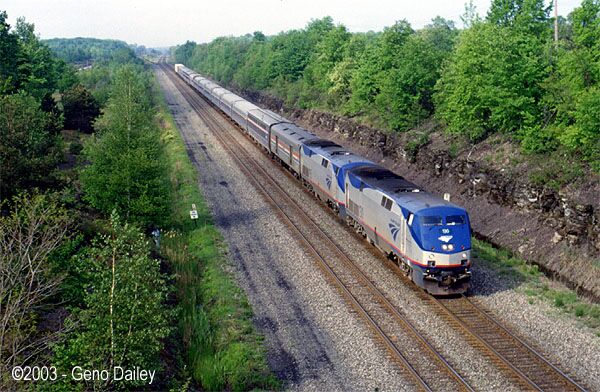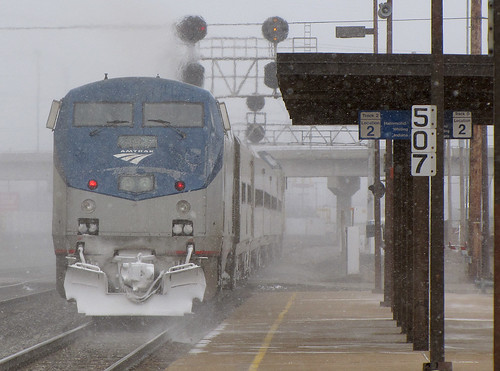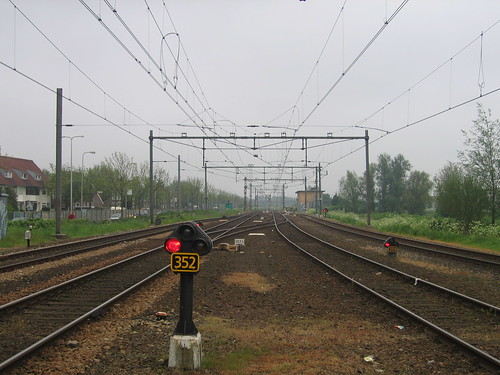Job Alert: Transportation Analyst – Northeast Corridor Infrastructure and Operations Advisory Commission @ Washington, DC
The Northeast Corridor Commission
Congress created the Northeast Corridor Infrastructure and Operations Advisory Commission (Commission) to help coordinate planning and investment across all owners of and operators on the Northeast Corridor (NEC) railroad network, including Amtrak, states, commuter railroads, and freight railroads. The Commission is comprised of representatives from each of the NEC states, Amtrak, and the U.S. Department of Transportation (DOT), with non-voting representatives from freight railroads and states with connecting corridors. The Commission is supported by a full-time staff in Washington, DC. The Commission is accepting applications for a Transportation Analyst position located in Washington, DC.
Summary of Duties
Specific responsibilities will consist of policy research and writing, transportation planning and analysis, analysis of financial and operational data related to the allocation of operating and capital costs in the NEC, development of Commission products and materials, website content development and other tasks as assigned. The position will cover activities both technical and administrative in nature:
- Assist in the development of Commission reports and presentations through data analysis and the development of written material. Work will frequently involve making technical information accessible for non-technical audiences.
- Assist in the coordination of the Commission’s many stakeholders, including Amtrak, the U.S. DOT, the Northeast states and state DOTs, commuter rail agencies, freight railroads, and others. Work will frequently involve coordinating assistance provided by staff at various stakeholder agencies.
- Support the organization and delivery of quarterly Commission meetings and periodic committee meetings including the management of pre-meeting logistics, the development of meeting materials, and the preparation of meeting minutes.
- Assist in the analysis of financial and operational data in support of the Commission’s role in supporting cost allocation in the Northeast Corridor.
Qualifications
- Bachelor’s degree in Transportation, Public Policy, Urban and Regional Planning, Economics, Business, or related field.
- One to two years of work experience with some direct experience in the field of transportation. Masters degree may substitute for work experience.
- Strong quantitative and analytical skills.
- Interest in transportation issues.
- Ability to multi-task effectively while remaining flexible in a fast-paced environment and work collaboratively with staff at all levels while successfully challenging conventional practices and incorporating new approaches.
- Demonstrated skill in Microsoft Office tools, including Access, Excel, PowerPoint, and Word.
Contact
For information on applying, contact Donnie Maley, Director, Planning: dmaley@nec-commission.com.








